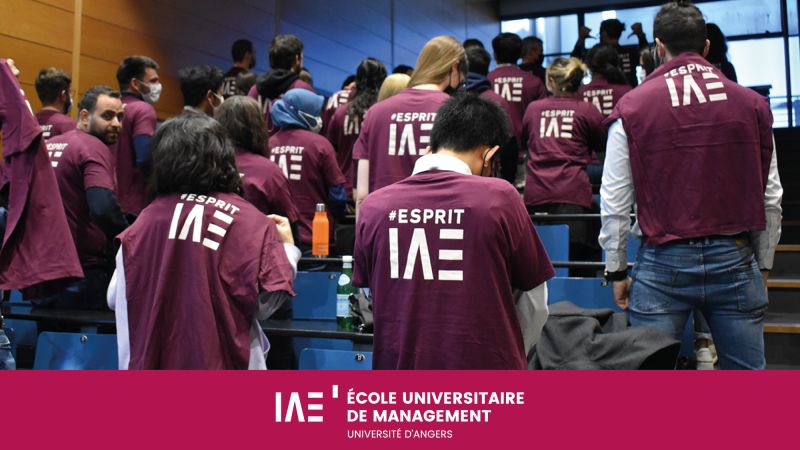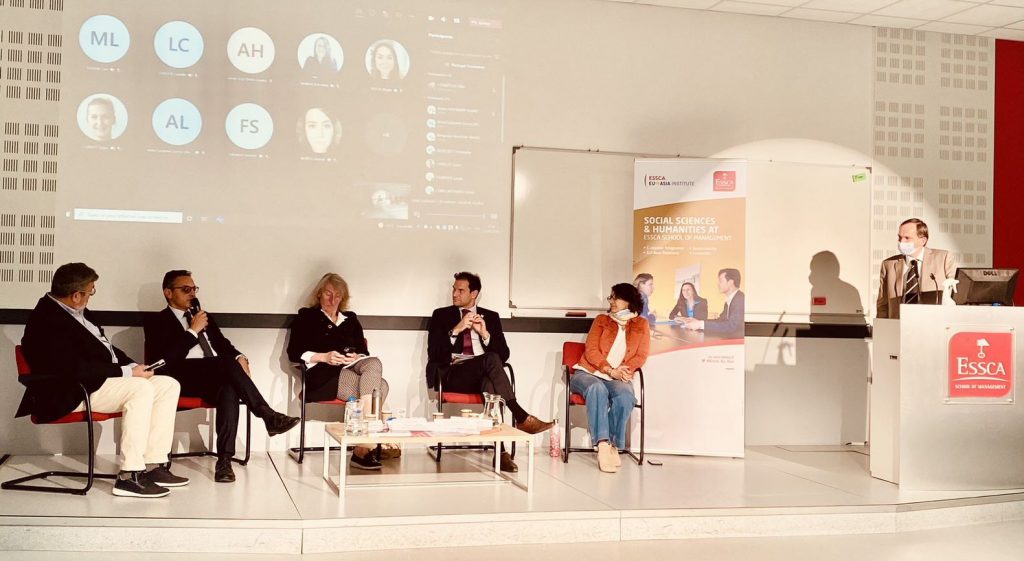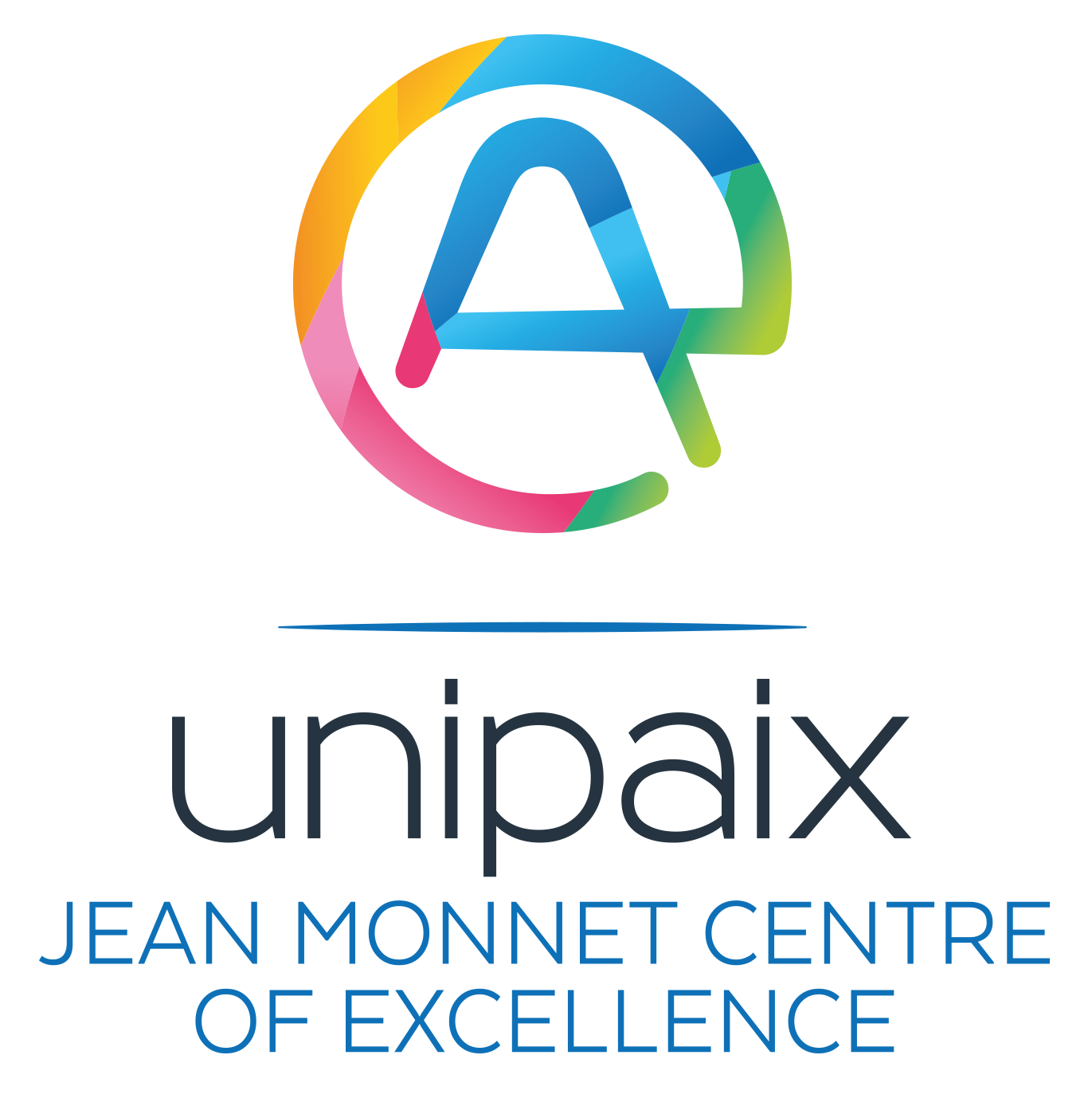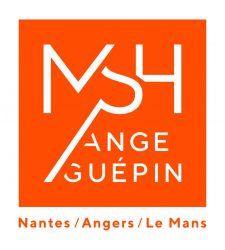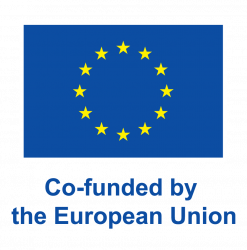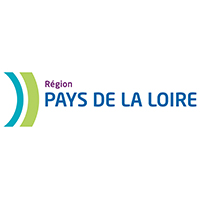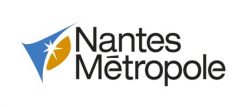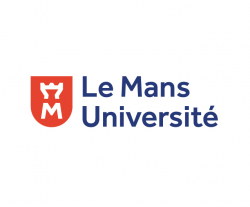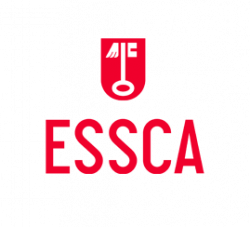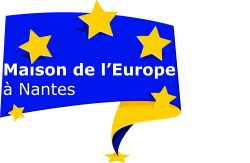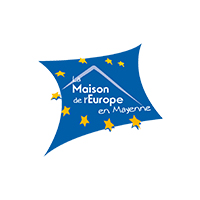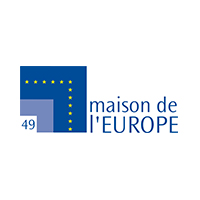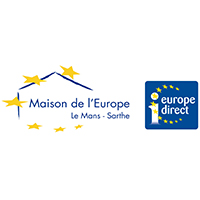* European and International Studies
Master – European and International Projects Engineering*
- Basic Information
- Professionalization and employment opportunities
- International dimension
- Student association
Basic Information
This two-year master's degree offers a comprehensive and multidisciplinary training in human and social sciences and in law and political science, to train specialists in European and international project management. In particular, it allows students to acquire a solid knowledge of the European and international context, European programmes, cooperation policies and project management methodology.
Professionalization and employment opportunities
In M1 and M2, students carry out innovative projects for professional integration, supervised by former master students working in partner structures. A first discovery internship abroad is possible in M1. A long internship of 4 to 6 months is mandatory in the second semester of M2. 45% of M2 courses are taught by professionals.
At the end of this master's degree, students can work in any type of public or private structure on projects with a European or international dimension. For example, they can also work for government departments, but also for competitive clusters or business groups, universities or grandes écoles, CNRS and research programmes, consular and cultural services abroad, lobbying firms, representations or agencies abroad, associations or NGOs for cooperation and development aid.
Types of positions: project manager, and later, management positions within a European and/or international department of local authorities.
International dimension
The 2nd semester of the Master 1 must be spent abroad in partner universities.
Courses in English :
- EC European institutions and policies /EC United states and Europe since 1989 (1st year)
- Lobbying and negotiation/ European policies/ Regional and transfrontier cooperation
- Modern language courses (two languages, including English, which is compulsory) account for about 30% of teaching (2nd year).
Student association
2AMI is the IPEI Master Alumni Association, created by former students of the IPEI Master in 2007.
Its objective is to create links between curren
Access to this course, which is part of SHS, is selective (capacity of 25 students). It is open to students holding a Bachelor's degree in History, Geography or Sociology, a Bachelor's degree in Public Law or Political Science, a LLCE or LEA degree. Fluency in English is required.
The Master 2 is open to students who have completed the first year of the IPEI Master's degree and, upon application and interview, to holders of a degree in Law or Political Science or SHS or Languages with a good command of English and the necessary knowledge of European and international issues. All the information available on the University of Nantes website by clicking on this link.
Faculty of History, History of Art and Archaeology – University of Nantes
Located on the Tertre campus in Nantes, the UFR of History, Art History and Archaeology aims to train students by offering Bachelor’s, Master’s and Doctorate degrees and to develop a research policy at national and international level.
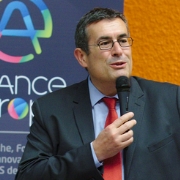
MICHEL CATALA
Professor of Contemporary History at the University of Nantes - Director of the Institute for European and Global Studies.
The director of the Institute for European and Global Studies since its creation in 2015, Michel Catala launched the RFI Alliance Europa programme in 2013, with Arnauld Leclerc. A university professor since 2004, he directed the CRHIA, a history laboratory bringing together 50 teacher-researchers and 89 doctoral students in Nantes and La Rochelle. He has a long practice of directing research structures and collective research programmes on the history of Europe on a regional (DCIE) and national (Labex EHNE) scale. A specialist in the history of international relations in Europe and the history of European construction, he has been teaching these subjects for 15 years. He is the author of numerous publications on these issues, and has also launched many international partnerships. He is the founding president of the Maison de l’Europe in Nantes, and is particularly familiar with civil society and local authority actors working on European issues in Nantes and the Loire region.

